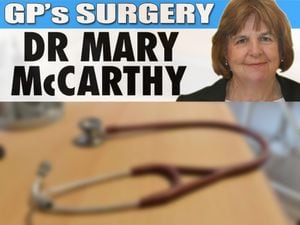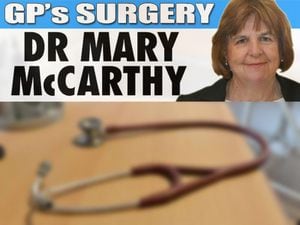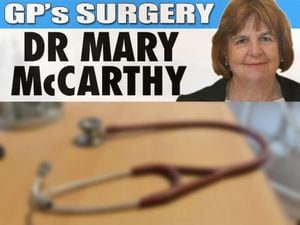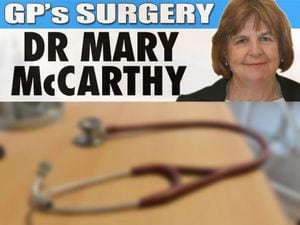Dr Mary McCarthy: Crisis looms for struggling practices
The beginning of parliament is chance for the government to address what is needed in the NHS.

As government work gets underway again, one of the issues dominating the headlines is the removal of the current pay cap for NHS workers with the DUP siding with Labour to win an overall majority in favour of the motion.
A somewhat promising start though the current fractures that exist within all aspects of the NHS will take a lot more work to repair. Indeed, many years of underfunding and failed promises have removed part of the optimist in me as our services go from bad to worse.
In general practice, GP leaders have been urging ministers to address the growing crisis as a recent BMA survey of GP practices revealed that over half said they would consider temporarily closing their practice lists whilst over forty per cent said they would be in favour of applying for a permanent closure.
Sadly, this survey reflects the reality of what is happening on the ground with the news this week that in Folkestone, Kent, seven out of the town’s eight practices have applied to close their lists. Staff shortages and increasing demand is to blame as surgeries are struggling to support the patients they have let alone registering more.
Without the necessary government intervention, struggling practices are having to find ways of alleviating the existing pressure on services. Signposting patients to agencies that would be better placed to serve them, directing patients with musculoskeletal problems, such as back pain or sprains, directly to a physiotherapist or encouraging patients to self-care for minor illnesses can lessen the number of appointments.
Dealing with more than seventy patients a day, as one GP recently told me he had, is not safe. Admittedly he said it was last Monday, and Monday is always a busy day, but having started at eight in the morning it was after nine in the evening before he finished.
Medical students are taught to think of HALT. This effectively means that they must be careful making decisions when hungry, angry, late or tired. Hospital shift rotas are meant to take this into consideration and the European working time directive lays down rules of employment to stop long and tiring shifts.
Those safeguards have diminished in general practice as it is getting harder to retain older GPs or to persuade young doctors to enter general practice, many surgeries feel that the only way they can keep going, is to work harder and harder. This is not safe, for doctors or for their patients. The BMA GP committee chair, Dr Richard Vautrey, this week warned that the government must come up with an urgent plan to invest in frontline patient services before general practice “slides further into crisis”.
It is written in the NHS constitution that the “patient should be at the heart of everything that the NHS does”. It is time that the government reconnect with this message and give the NHS and patients the attention it so desperately needs as they risk moving even further out of touch.





